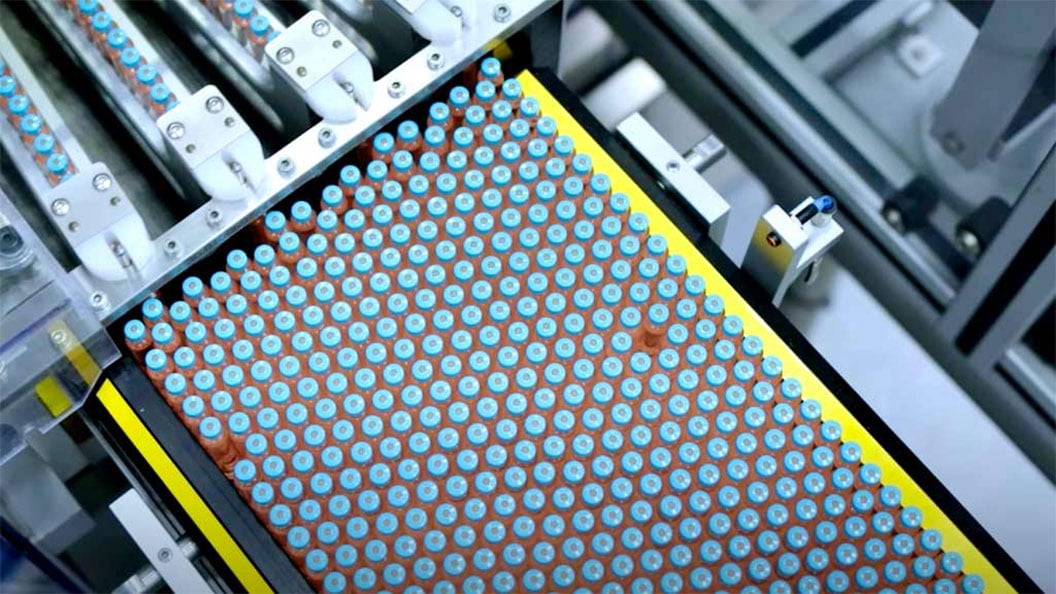Over the past decade, climate change and extreme weather events have become increasingly common, prompting a shift in global priorities toward decarbonisation. Healthcare companies are also working to align their operations and supply chains with these efforts. A stellar example of this is the pharmaceutical company, Novo Nordisk, which partners with Maersk to ensure essential medicines are delivered worldwide. Together, we collaborate to bring life-saving treatments to patients who depend on them, while also taking steps to reduce greenhouse gas (GHG) emissions from global logistics.
When access means survival: Role of reliable pharma logistics
For the millions of people living with chronic diseases, timely access to medication is imperative. Dorethe Nielsen, Vice President of Corporate Environmental Strategy at Novo Nordisk, further illuminates this, noting, “just envision that you have a child with a chronic disease, and one night you reach for their medication only to find it’s broken. That would be an absolute disaster.”
Novo Nordisk’s mission is clear: deliver vital pharmaceuticals reliably, while also taking decarbonisation into account. However, while their own operations are within their control, partnering with a trusted global integrated logistics partner gives them the reach and access needed to meet these goals. That’s where Maersk comes in.
A cold chain to maintain medicine integrity
Transporting pharmaceuticals like insulin isn’t just about moving boxes. It demands an unbroken, controlled cold chain, with temperature monitoring between 2 and 8°C. Even the slightest deviation can compromise product quality.
Gaetan Van Exem, Global Vertical Head of Pharma and Healthcare at Maersk, emphasises that “shipping pharmaceuticals entails more than mere transportation. It’s about precision, trust, and shared responsibility.”
Shared vision for decarbonisation
Novo Nordisk and Maersk share an ambition to reduce GHG emissions. Novo Nordisk has set 2030 & 2045 targets to cut GHG emissions across operations and transportation. Maersk, meanwhile, is investing in reduced GHG emissions fuels* to power its next-generation fleet, aiming to achieve net zero GHG emissions by 2040, in line with the Science Based Targets initiative (SBTi) requirements.
"This is a challenge we cannot solve alone,” says Van Exem. “We found a partner that shares the same ambition level.” The collaboration highlights how industries can work together to integrate health and decarbonisation goals.
The partnership between Novo Nordisk and Maersk demonstrates that with shared ambition and innovation, industries can take meaningful steps to address complex challenges.
*Maersk defines "reduced GHG emissions fuels" as fuels with at least 65% reductions in GHG emissions on a lifecycle basis compared to fossil of 94 g CO2e/MJ, calculated using the REDII methodology.


